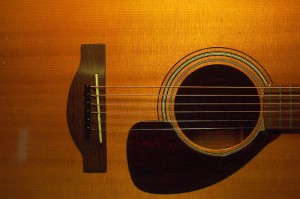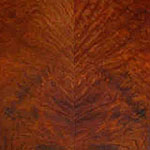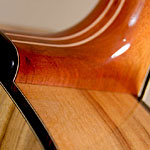 Why do some old guitars sound so good? Even inexpensive guitars can age into really good sounding instruments, and some old guitars attain legendary tone. Why is this? The answer can be found in one of three factors and the best combine all of them.
Why do some old guitars sound so good? Even inexpensive guitars can age into really good sounding instruments, and some old guitars attain legendary tone. Why is this? The answer can be found in one of three factors and the best combine all of them.
First it should be pointed out that some old guitars sound great… but not all of them. As stated by Cy Fair Music & Arts: piano lessons for adults houston, this is true regardless of brand. It is probable that many average sounding guitars don’t make it to old age because they aren’t deemed to be worth taking care of. On the other hand, a guitar that sounds warm and fat when newer will probably experience better care and that translates to relative longevity. But this possibility aside, it is also true that a mediocre guitar is not going to morph into a world class instrument with time. So it can be said that not all older guitars are great sounding, and those with the experience to know can verify this. But it does seem to happen that many older guitars sound better than modern ones. Let us consider why this may be.
What is the most important factor in the tone of any acoustic guitar? The answer is the quality of the top. (Please see my article on Voicing and Tap Tuning for more on this topic.) The availability of quality wood “in the old days” was better than it is now in these days of limited natural resources. It is also probable that judging wood for intrument tops was a skill that has diminished with time. Violin makers know this, and even today the best violins are made by luthiers who know how to find the right wood. So many great old guitars have better top wood than modern guitars. And you can be sure that when you hear an amazing sounding vintage guitar, it owes its tone in large measure to a great top, whether by happenstance or someone’s skill.
Secondly, vintage guitars were made (if they are old enough) by luthiers who understood some of the principles of voicing and tuning. Martin ceased individually voicing their guitars in the 1940’s and 50’s. It is not a coincidence that pre-war Martins and those from the first years after are coveted for their tone, and Martin is still trading on the reputation from those golden years. It is important to understand that voicing alone is not the answer; you can’t voice a poor guitar into greatness. But voicing, when done with skill, will bring out the best in a guitar and will cause all of the parts to work together. So any guitar, made with a great top and voiced/tuned to bring out the best in the wood, will get better with age. Why is this?
Wood contains cells that are shaped like tubes. Everyone knows that wood absorbs moisture in humid conditions and expels moisture during dry conditions. This is what causes wood to swell or shrink at different times of the year. The moisture is stored in these hollow cells. There is evidence to suggest that over a long period of time these cells tend to collapse, which in turn limits how much moisture they can absorb. In other words, the older wood becomes more stable and reaches equilibrium. These changes cause the guitar top to become dryer, and lighter and more stiff as it ages… the perfect recipe for an improving top. The lighter and stiffer a top is, the better it will sound if everything else is equal.
Most acoustic players are familiar with the reality that new guitars break in as they are played, and will sound better and better as they are regularly subjected to the vibration of the strings. As stated in Awkwardsound site, there are even commercial devices being marketed that propose to simulate this effect, although the actual results from using them get mixed revues. Imagine how the benefits of “playing in” a guitar are amplified over decades. This is yet another possible reason for the great tone many older guitars have.
To sum up: If an older guitar has a great top that has become more stiff and light with age, that has been individually voiced for optimum response, and has played with love over many years, the resulting tonal changes can be extremely pleasing to the ear. No magic, no mystery, just great materials, great craftsmanship, and time!

